What Is As9100 Quality Management System?
Why is AS9100 the gold standard in aerospace quality? For those navigating the aerospace sector, understanding “what is AS9100 quality management system” is essential.
It’s not just another term but rather a promise that every part, system, and process meets top-quality standards as per AS9100 guidelines.
What is AS9100 QMS?
AS9100 is a globally recognized Quality Management System standard exclusive to the aerospace sector. Originating from the ISO 9001 quality management standard, AS9100 was tailored specifically to meet the rigorous demands of the aerospace industry.
Introduced in the late 1990s by the Society of Automotive Engineers (SAE) and the European Association of Aerospace Industries, it was born out of the need to standardize quality processes across the international aerospace community.
Importance and Relevance in the Aerospace Industry
The aerospace domain is unlike any other. The complexities of designing, manufacturing, and maintaining aircraft and space systems demand a QMS that’s both rigorous and adaptive. AS9100 fills this gap by:
- Ensuring consistent quality across products and services.
- Addressing the entire lifecycle of aerospace products, from design inception to post-delivery support.
- Incorporating comprehensive risk management strategies to preempt and address potential issues.
With its laser focus on quality, safety, and reliability, AS9100 has become the benchmark against which aerospace organizations measure their commitment to excellence.
Looking for a specialized QMS solution for aerospace? Check out our offerings!
Key Features of AS9100 QMS
The AS9100 standard is not just another QMS; it’s a testament to the industry’s commitment to unparalleled quality and safety. Here are the standout features that set AS9100 apart:
1. Stringent Quality Requirements
- AS9100 mandates rigorous quality checks at every stage of the product lifecycle.
- It emphasizes defect prevention over defect detection, ensuring that issues are addressed at the root.
2. Risk Management
- Comprehensive risk assessment and mitigation strategies are at the heart of AS9100.
- It ensures that potential challenges are identified early on and addressed proactively.
3. Continuous Improvement Focus
- AS9100 is not static; it champions the ethos of continuous improvement.
- Aerospace organizations are encouraged to regularly review and refine their processes to achieve operational excellence.
4. Configuration Management
- This feature ensures that product designs and specifications remain consistent throughout the production process.
- It aids in tracking changes, ensuring that the final product aligns with the intended design.
5. Product Realization and Planning
- AS9100 emphasizes the importance of thorough planning before product development begins.
- It ensures that all requirements, from design to testing, are clearly defined and understood.
6. Enhanced Supplier Management
- Recognizing the critical role suppliers play, AS9100 mandates stringent supplier quality checks.
- It ensures that every component, no matter how small, meets the highest quality standards.
These features, combined with the standard’s overarching focus on safety and reliability, make AS9100 the go-to QMS for aerospace organizations worldwide.

Differences between AS9100 and Other QMSs
While Quality Management Systems (QMSs) serve as the foundation for quality assurance across various industries, AS9100 stands out with its aerospace-specific nuances.
Let’s explore how AS9100 distinguishes itself from other QMS standards:
| Criteria | AS9100 |
Generic QMSs |
| Industry Specificity |
Tailored specifically for the aerospace sector. |
Designed for a broad range of industries. |
|
Safety and Reliability |
Places unparalleled emphasis on safety and reliability. |
Emphasizes quality but may not have the same focus on safety. |
| Supplier Controls |
Stringent controls and audits for suppliers. |
General supplier quality requirements. |
|
Documentation |
Exhaustive documentation for traceability and transparency. |
Standard documentation requirements. |
| Training |
Mandates regular training and skill upgrades. |
May not emphasize continuous training to the same extent. |
| Process Audits |
In-depth audits of processes, not just end products. |
Might focus more on end-product quality. |
In essence, while other QMSs provide a foundational framework for quality, AS9100 elevates it to meet the exacting demands of the aerospace industry, ensuring that safety, reliability, and excellence are not just goals but a way of life.
Benefits of Implementing AS9100 QMS in Aerospace Organizations
Adopting the AS9100 standard isn’t just about compliance; it’s about embracing a culture of excellence. Here are the transformative benefits aerospace organizations can reap from implementing AS9100:
- Aerospace products meet the highest standards with rigorous quality checks, reducing defects.
- Customer trust and satisfaction soar with the delivery of reliable and top-quality products.
- Organizations gain a competitive edge in the market by being AS9100 certified.
- Smooth operations are ensured with compliance to global aerospace regulatory requirements.
- Efficient and streamlined operations are achieved through AS9100’s structured approach.
- An organization’s reputation is enhanced, attracting more business, by associating with the gold standard in aerospace quality.
Incorporating AS9100 is more than just a strategic move; it’s a commitment to quality, safety, and excellence, ensuring that aerospace organizations not only meet but exceed expectations at every turn.
Ready to harness the power of AS9100 for your aerospace organization? Dive into our specialized QMS solutions.
Why Choose a Custom Solution for AS9100 QMS?
- Tailored Solutions: Generic QMS platforms might not address the unique challenges of the aerospace sector. A custom solution ensures every specific need is catered to.
- Flexibility and Scalability: As the aerospace industry evolves, a custom QMS can adapt and grow, ensuring longevity and relevance.
- Seamless Integration: Custom solutions can effortlessly integrate with existing systems, ensuring a cohesive and unified approach to quality management.
- Optimized Performance: With a system designed for specific aerospace needs, organizations can achieve peak performance and efficiency.
Conclusion
AS9100 is the set of guidelines that ensures quality and safety. Not just a standard, the QMS champions a culture of excellence, safety, and continuous improvement. Whether you’re an industry veteran or a budding aerospace enterprise, embracing AS9100 and its custom solutions can be the catalyst for transformative growth and unparalleled success.
Work with Database Providers.
At database providers, we offer AS9100-compliant QMS solution tailored just for you. Our hands-on experience spans not just the manufacturing intricacies but also the rigorous quality standards that ensure every flight is safe and efficient. Discover the difference Database Providers can make for your organization today!

